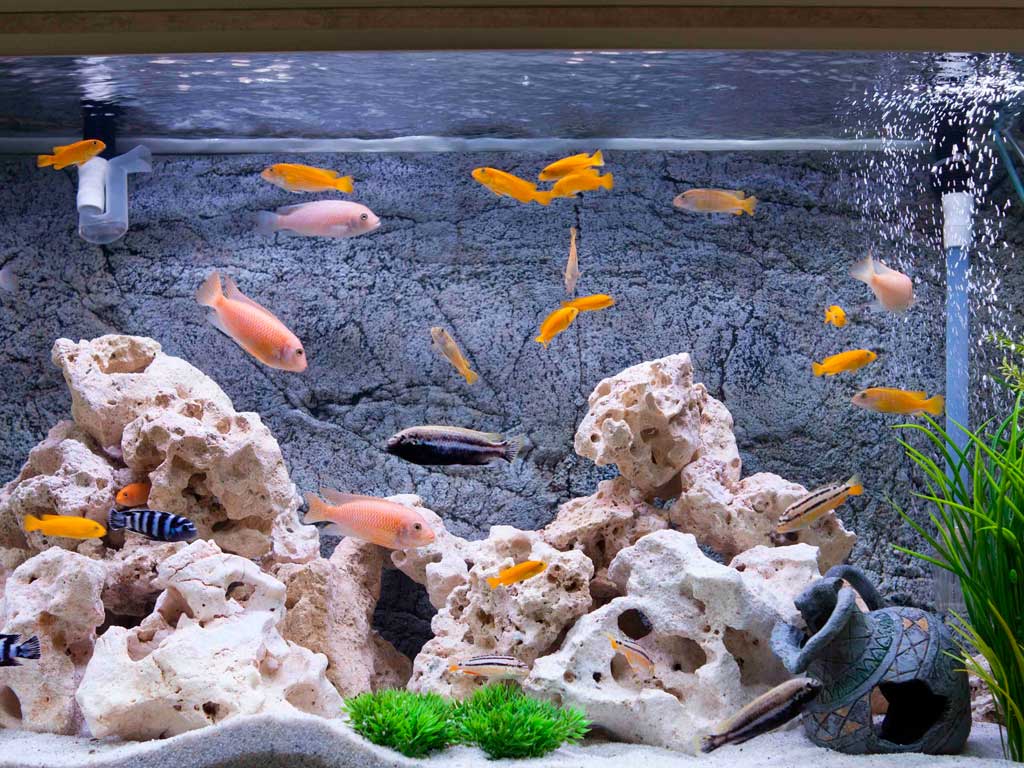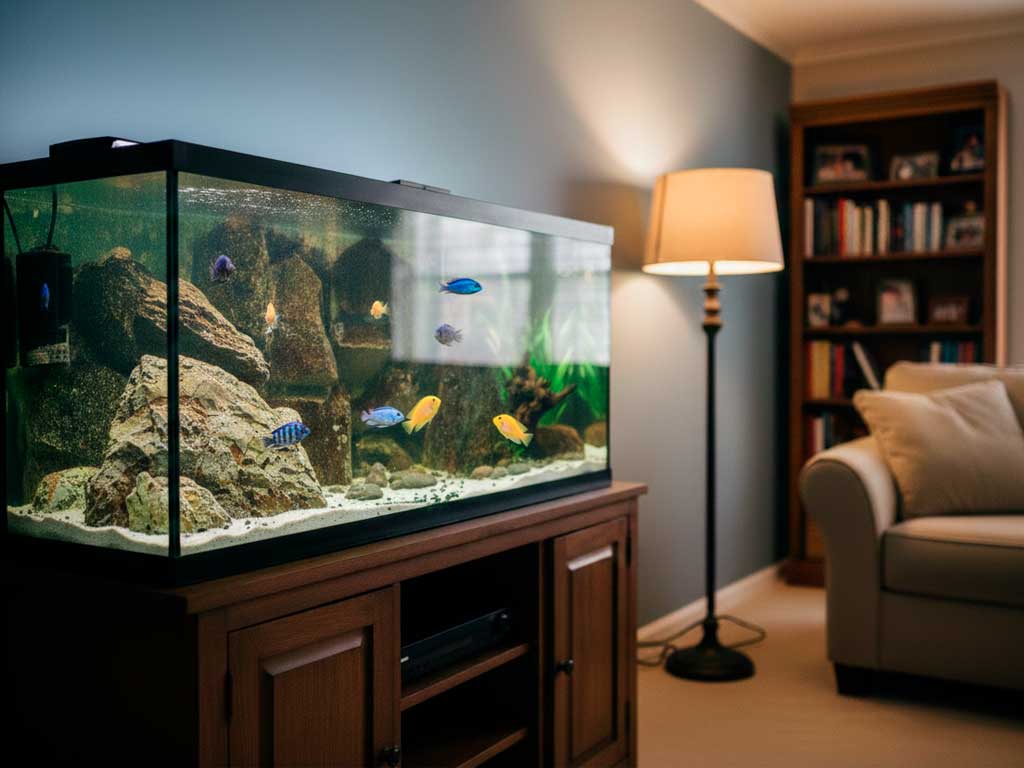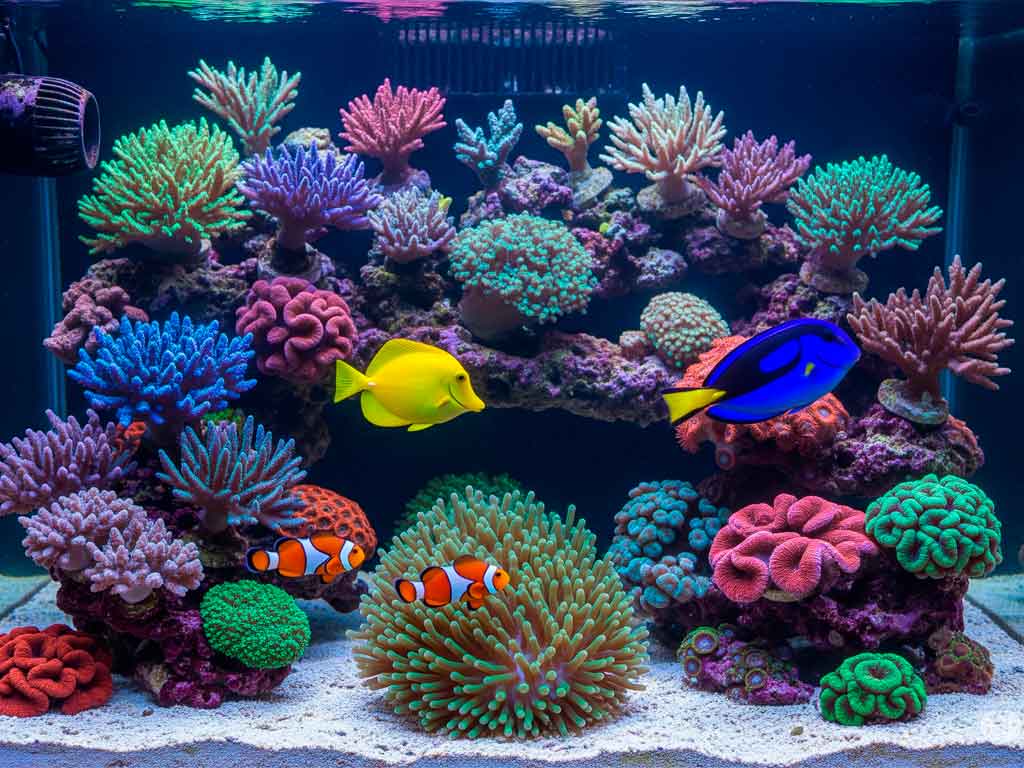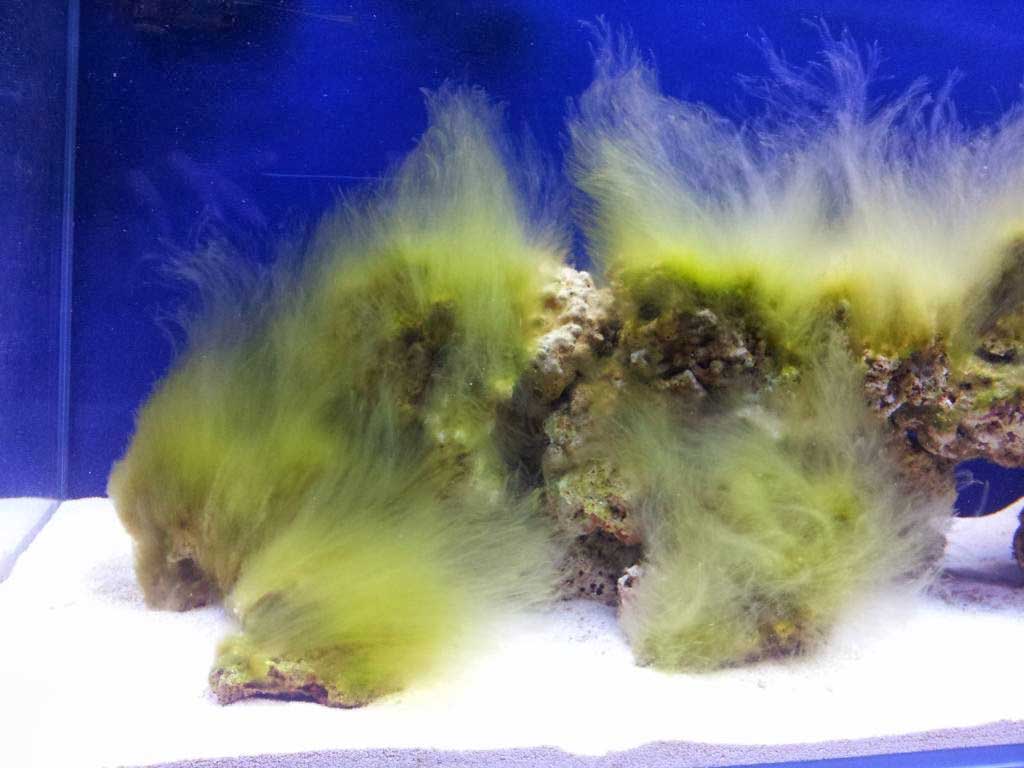A water pump is essential to improve circulation and oxygenation in your aquarium or pond, ensuring optimal gas exchange to maintain adequate oxygen levels. By breaking the surface of the water, these pumps facilitate better oxygenation, crucial for the health of your fish.
For any aquarium hobbyist, a water pump is a must-have item. Maintaining the balance and health of your fish depends on the quality of the pump you choose. However, with the variety of brands and models available, it’s natural to feel overwhelmed.
Don’t worry, this guide will provide you with everything you need to become an aquarium water pump expert. Here you will find detailed information that will help you choose the perfect pump to guarantee a long and healthy life for your fish, just as you want.
What is an Aquarium Water Pump?
A water pump is a device that moves water within the aquarium, improving circulation and oxygenation. By breaking the surface of the water, they facilitate gas exchange, ensuring that oxygen levels are adequate for aquatic life. In addition, they help distribute nutrients and maintain a uniform temperature throughout the aquarium.
Types of Water Pumps
- Submersible Pumps: These pumps are placed inside the aquarium water. They are efficient and silent, ideal for aquariums where noise must be minimized.
- External Pumps: They are installed outside the aquarium and are usually more powerful than submersible pumps. They are suitable for large aquariums or systems that require greater water circulation.
- Air Pumps: Although they do not move water directly, air pumps generate bubbles that help oxygenate the water and create surface movement.
Factors to Consider When Choosing a Water Pump
- Aquarium Size: The volume of water that the pump can move must be sufficient for the size of your aquarium. As a general rule, the pump should be capable of moving the entire volume of the aquarium several times per hour. For example, for a 150 liter aquarium, a pump that moves at least 900 liters per hour is recommended.
- Power and Flow: The power of the pump determines the strength of the flow. Some fish species prefer strong currents, while others need a gentler flow. It is beneficial to opt for pumps with adjustable flow to adapt the flow according to the needs of your fish.
- Noise: Especially in domestic environments, it is important to choose a pump that is as quiet as possible so as not to disturb the inhabitants of the home or the fish.
- Fish Species: Different species of fish have different preferences regarding water flow. For example, species such as danios, borachitos, gobies, and Chinese neon enjoy stronger currents. Other species, such as gastromyzon and sewellia, require very strong currents with high oxygen content. It is crucial to choose a pump that meets the specific needs of your fish.
Instalation and maintenance
- Installation: Be sure to follow the manufacturer’s instructions for proper installation of the pump. This includes ensuring that the pump is properly submerged or positioned as necessary and that all connections are secure to prevent leaks.
- Regular Maintenance: Water pumps require regular cleaning and maintenance to function optimally. This includes cleaning the filters and moving parts to prevent debris buildup that could clog the pump.
Benefits of Using a Water Pump
- Improved Oxygenation: By moving water and breaking the surface, water pumps increase dissolved oxygen levels, essential for fish health.
- Even Distribution of Nutrients and Temperature: Water circulation helps distribute nutrients and maintain a uniform temperature throughout the aquarium, creating a more stable environment for fish and plants.
- Dead Zone Prevention: Dead zones, or areas of stagnant water, can accumulate waste and unwanted nutrients. Good water circulation prevents the formation of these zones, improving the overall quality of the water.
Consider the size of your aquarium, the specific needs of your fish, and the power and noise of the pump when making your decision. With the information and advice provided in this article, you will be well equipped to select the best pump for your aquarium, ensuring an optimal and healthy environment for your fish.











